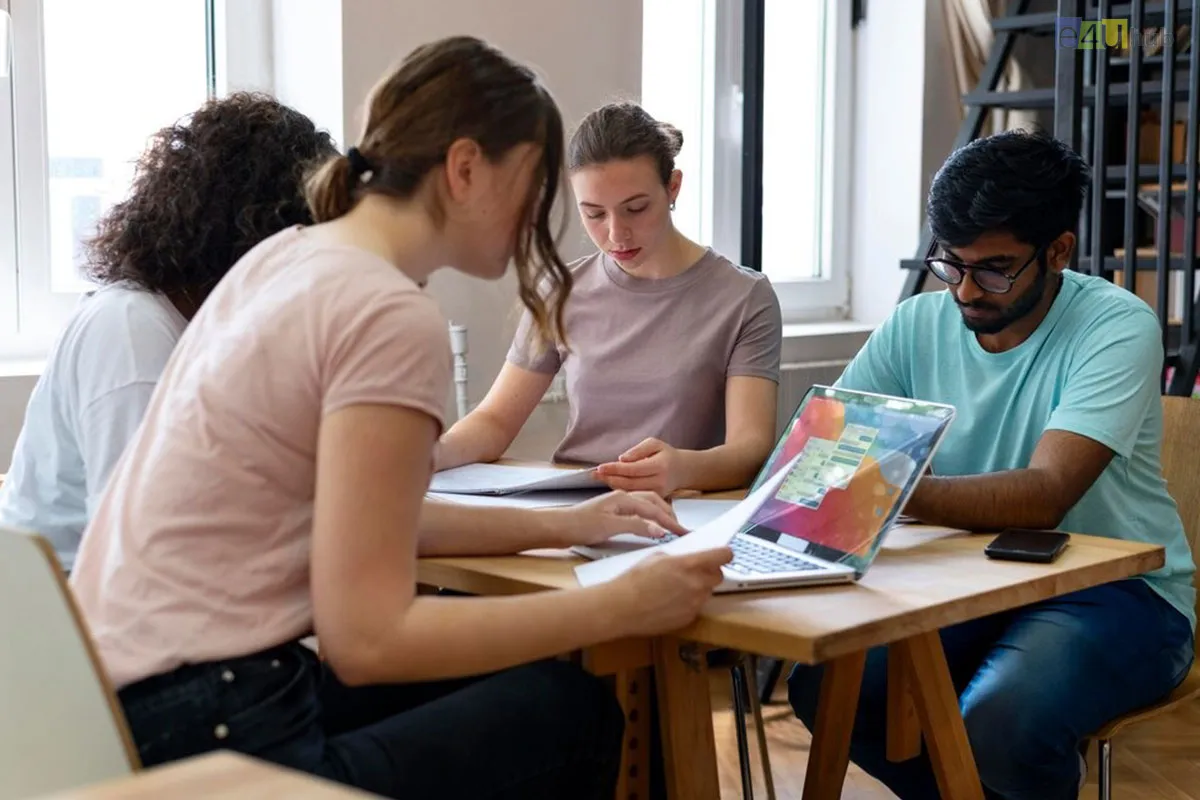
Breaking Barriers: Inclusive Education Practices for Diverse Learners
- 11 Jul, 2024
- Education
- 971 Views
- 0 Comments
In today's educational landscape, inclusivity is not just a goal but a necessity. Embracing diverse learners and ensuring they have equal opportunities to thrive is at the heart of inclusive education practices. Here’s how educators can break barriers to create an inclusive learning environment:
1. Universal Design for Learning (UDL):
Implementing UDL principles helps cater to diverse learning styles and abilities. By providing multiple means of representation, engagement, and expression, educators can ensure that all students can access and participate in learning.
2. Differentiated Instruction:
Recognizing that every student learns differently, educators can personalize learning experiences. This approach involves adjusting content, process, and product based on students' readiness, interests, and learning profiles.
3. Collaborative Teaching:
Encouraging collaboration between general education and special education teachers promotes shared responsibility for all students' success. This teamwork allows for collective problem-solving and enhances support for diverse learners.
4. Accessible Learning Materials:
Ensuring that learning materials are accessible to all students, including those with disabilities, is crucial. This includes providing materials in multiple formats and using assistive technologies where needed.
5. Positive Behavior Supports:
Fostering a positive and inclusive classroom environment involves proactive strategies to prevent behavioral issues and promote positive behaviors. This approach benefits all students, especially those who may face social or emotional challenges.
6. Cultural Competence and Awareness:
Embracing cultural diversity and promoting awareness of different backgrounds enriches the educational experience. Educators can integrate culturally responsive teaching practices to make connections between students' cultural backgrounds and the curriculum.
7. Continuous Professional Development:
Regular training and development opportunities for educators are essential. This ensures they stay informed about best practices in inclusive education and can effectively support diverse learners.
By breaking down barriers through these inclusive education practices, educators create learning environments where every student feels valued, supported, and empowered to succeed. Together, we can build a more inclusive future where diversity is celebrated and educational equity is realized.




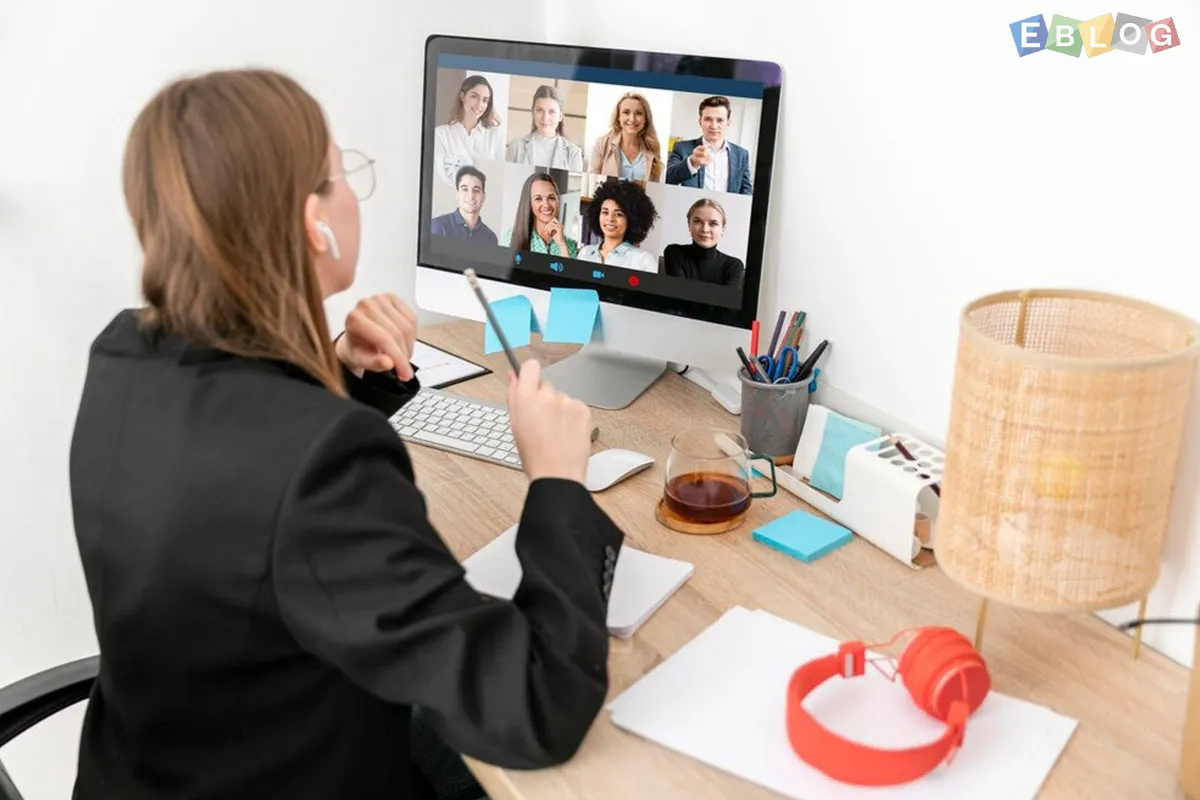
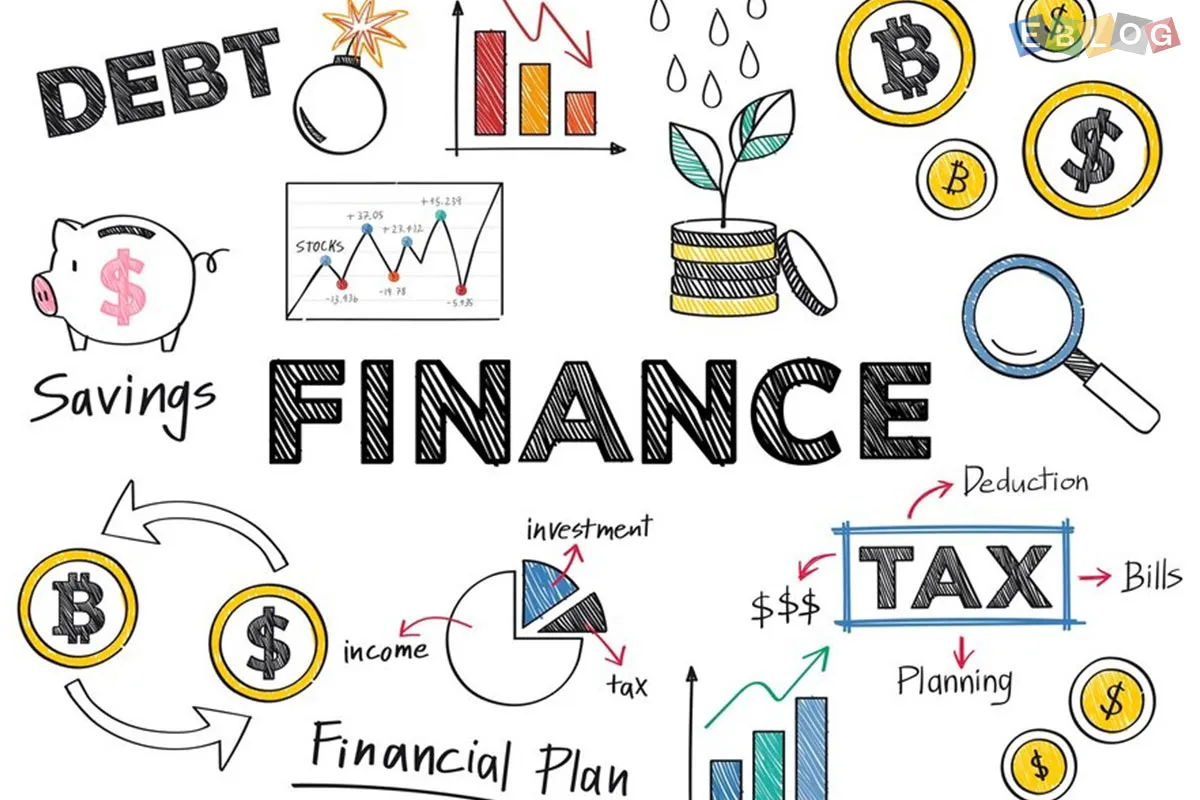



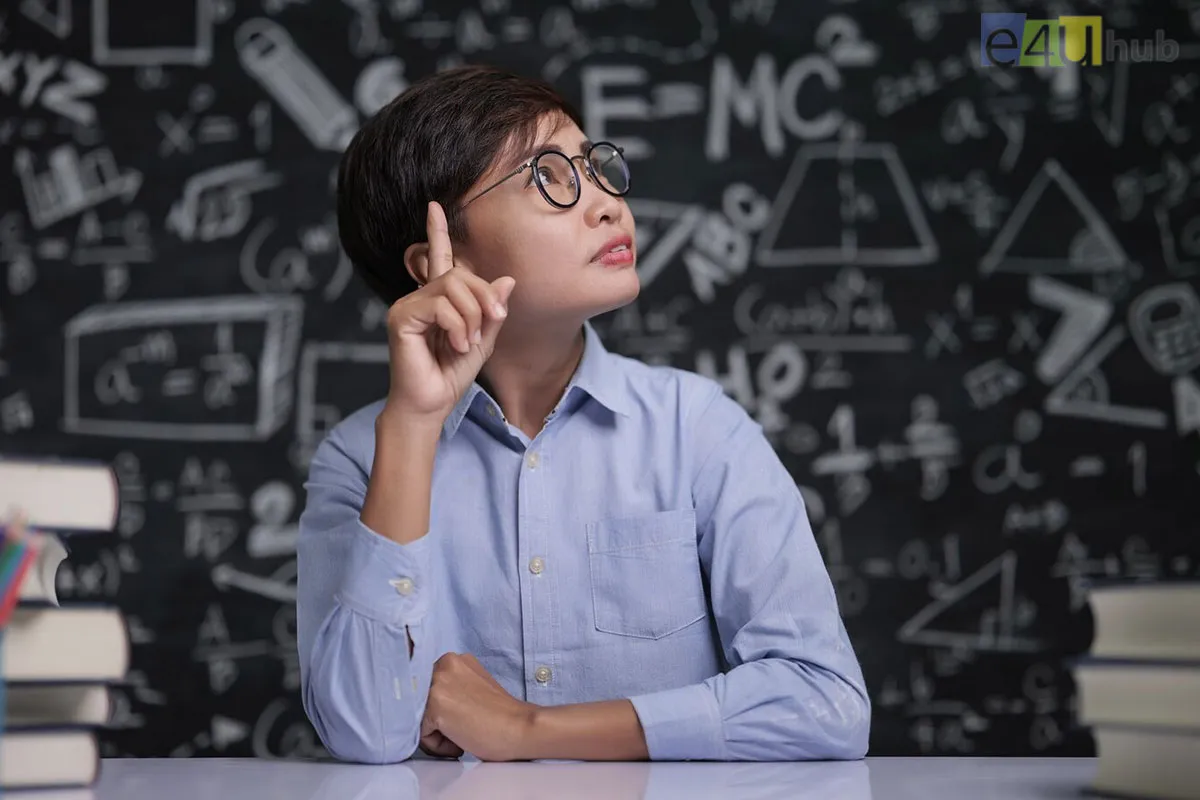
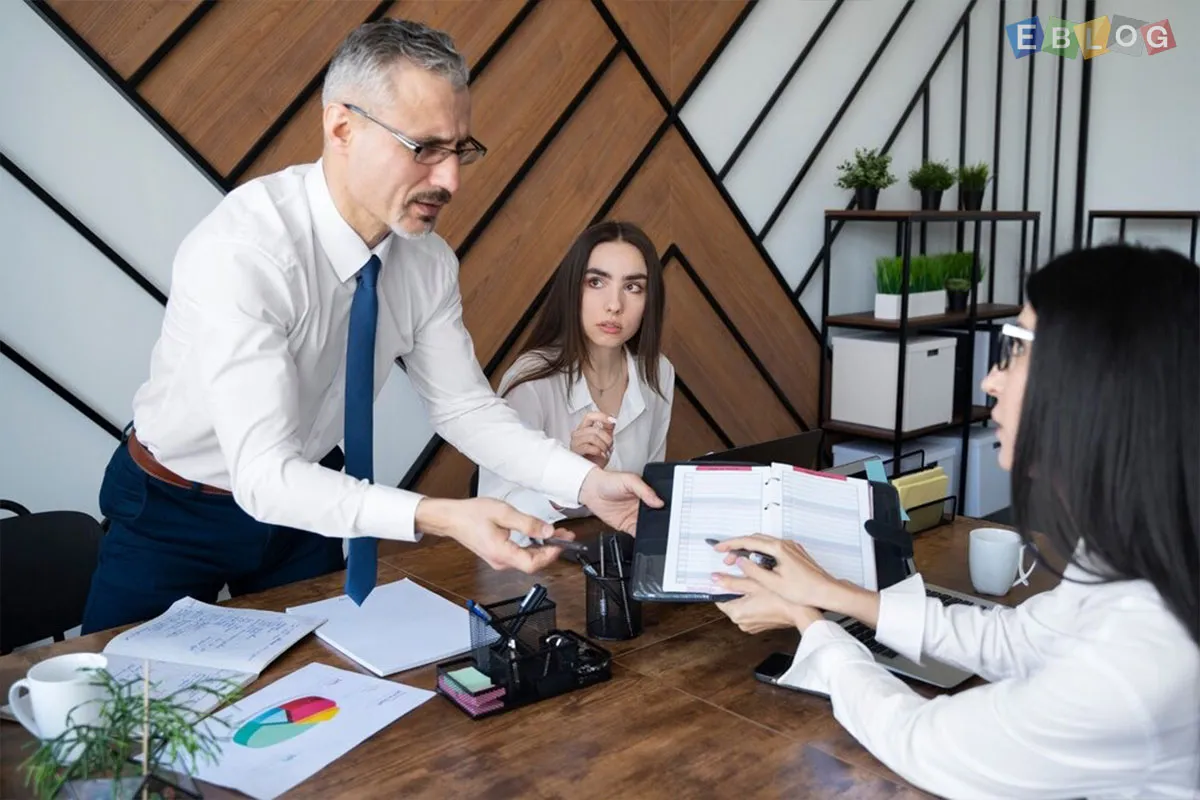


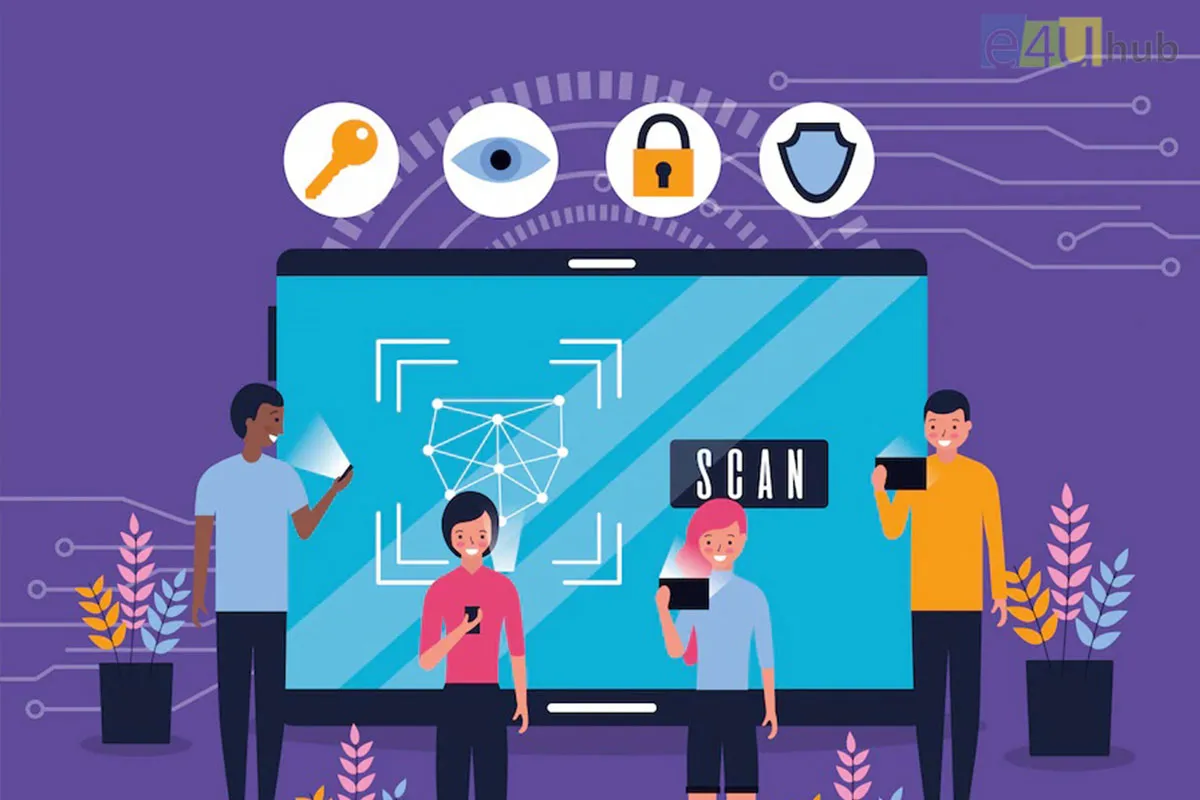

Leave a Reply